The housing issue is becoming all-consuming in this country. Up to now, many of the middle and older generation were broadly indifferent to the subject as they were adequately housed and if they were farming, they took a general view that they could always build another house on the land or buy one in the local village.
Both options have receded. Planning permission on farmland has become extremely difficult to obtain, and local houses in a village have gone up markedly in cost.
The old comparison of a reasonable house being buyable for around 100 store cattle no longer remotely applies. As we have seen from the excellent Macra-led march on Dublin, the next generation of farmers’ children now need housing, so the problem is affecting all generations.
Unused houses
On the other hand we know that there are thousands of unused houses and upper floors in our rural towns and villages. These are unattractive to the nationally recognised large builders and if locals do them up to rent out, they will pay tax on the rental income at a rate of 52%. Ireland has a high rate of tax on personal incomes. In Ireland in general, rental income is counted as personal rather than business income.
The sums don’t add up, and this of course is why the small housing landlords are exiting the market in such numbers. It seems extraordinary that such a basic issue has not been addressed. People are highly responsive to tax incentives. We have seen this repeatedly in Ireland.
The boom in multinational investment had its origins in the old export sales tax relief, and despite the official pronouncements that our multinational investors are here because of our education system and our access to Europe, it was still noticeable that when our 12.5% corporate tax rate was threatened by international tax changes, our political and economic establishment undertook an intensive and ultimately successful lobbying campaign to preserve the attractiveness of our tax system.
Manipulation
Manipulating property taxes needs to be done carefully, but we have seen tax policies kick-start our bloodstock industry, the farmland leasing success and even the stock relief for young farmers.
There is no reason why similar relief on income derived from letting refurbished residential property should not be tax-free if a lease was given for say five years.
This would galvanise small builders and skilled tradesmen around the country and bring semi-derelict buildings back into sensible long-term use.
I am not saying it would solve the entire problem as we seem to have no idea what the level of underused potential residential property is around the country, but it would be a sensible start and would demonstrate a real seriousness in solving a national problem.



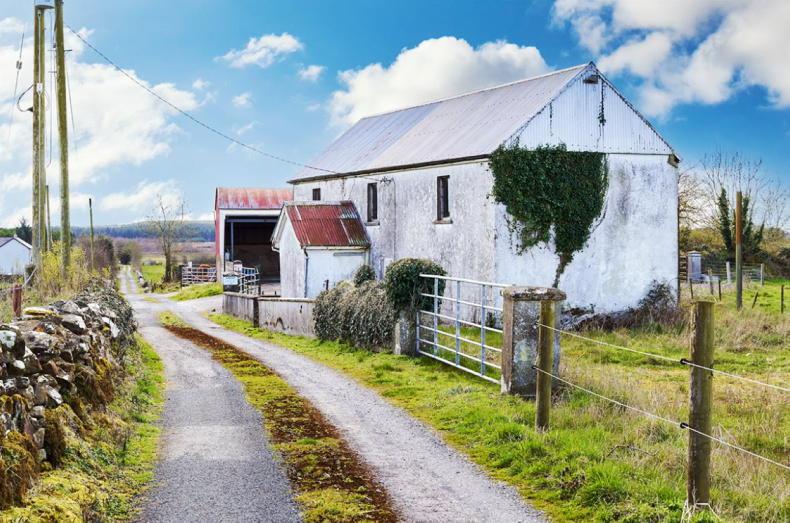
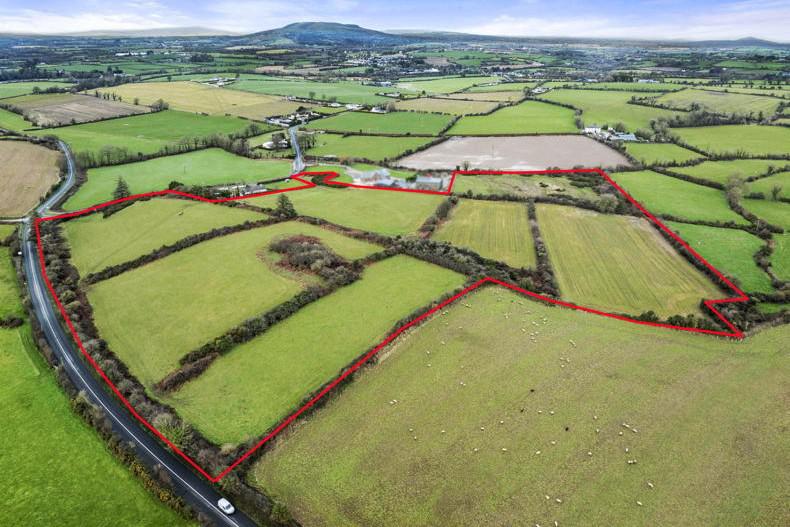
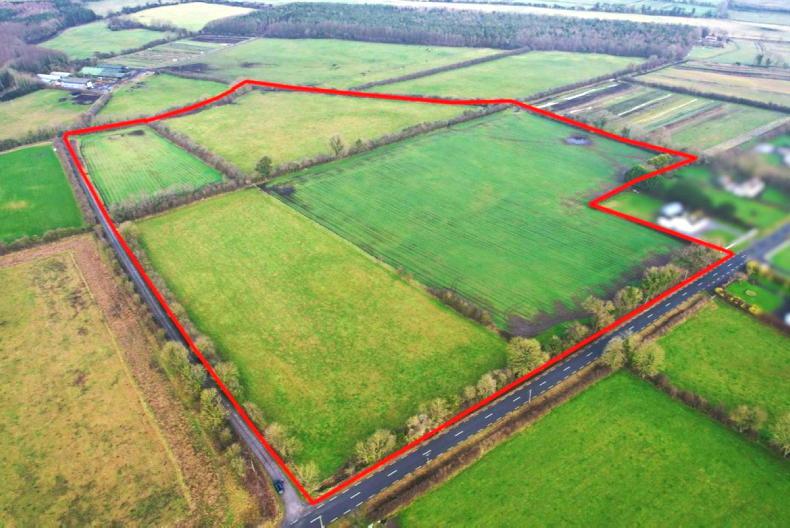
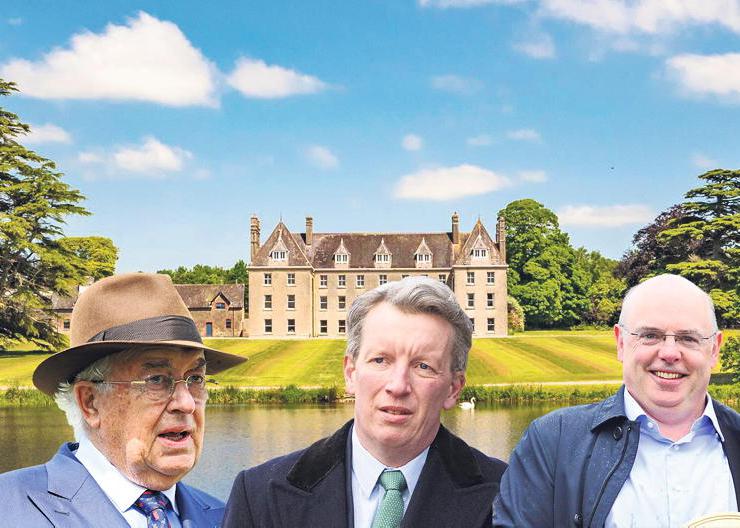
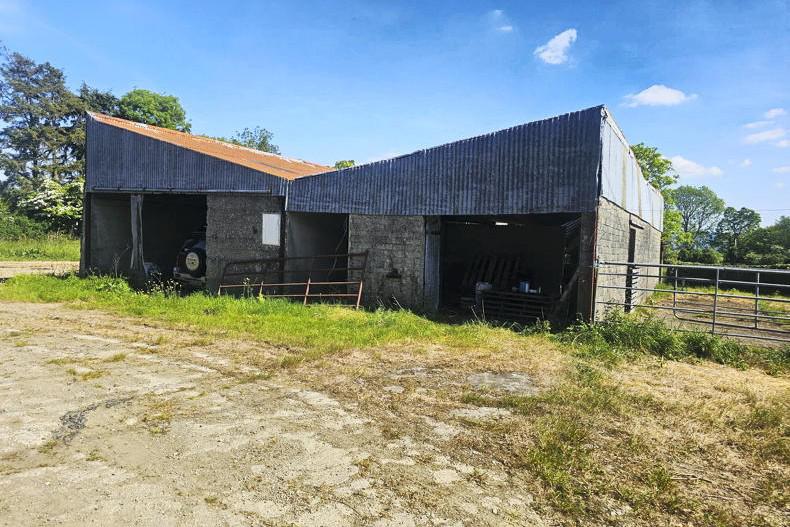
SHARING OPTIONS